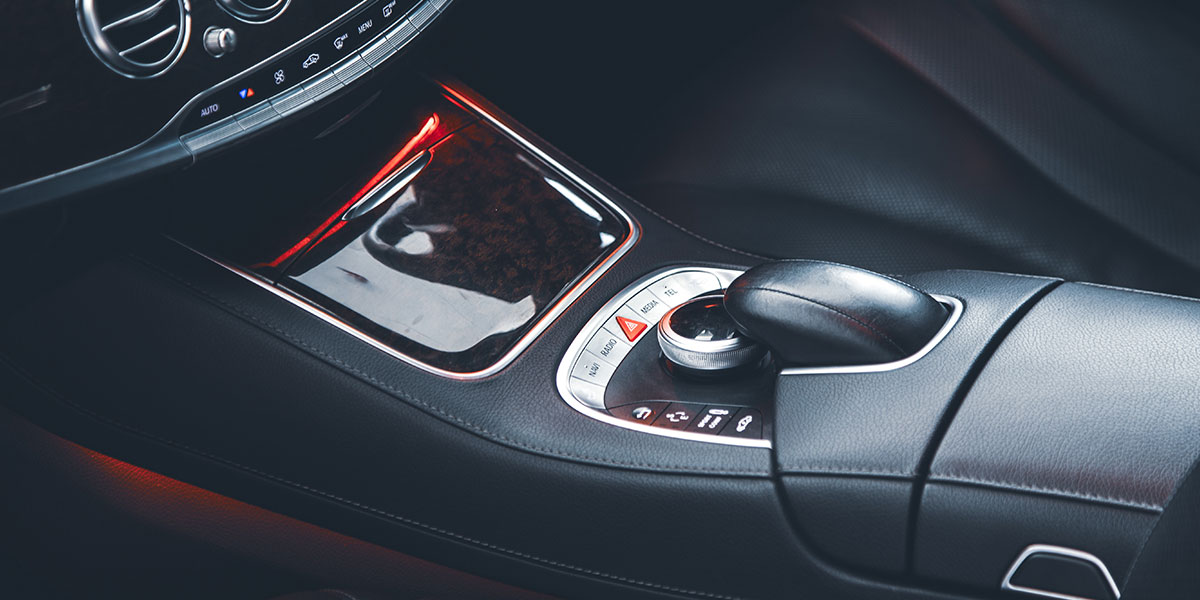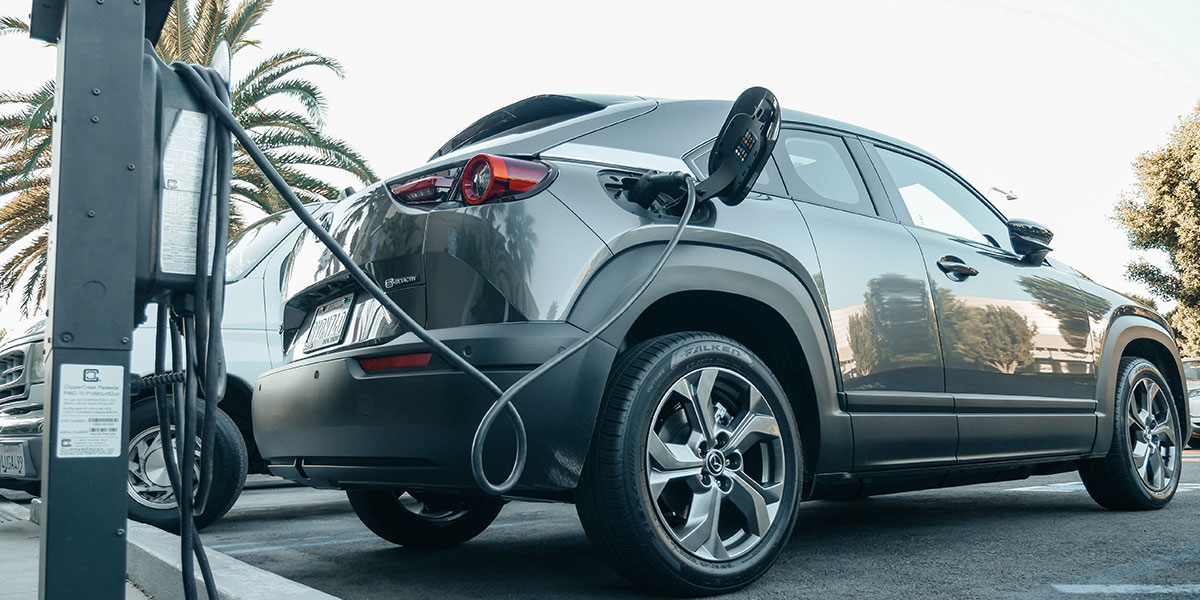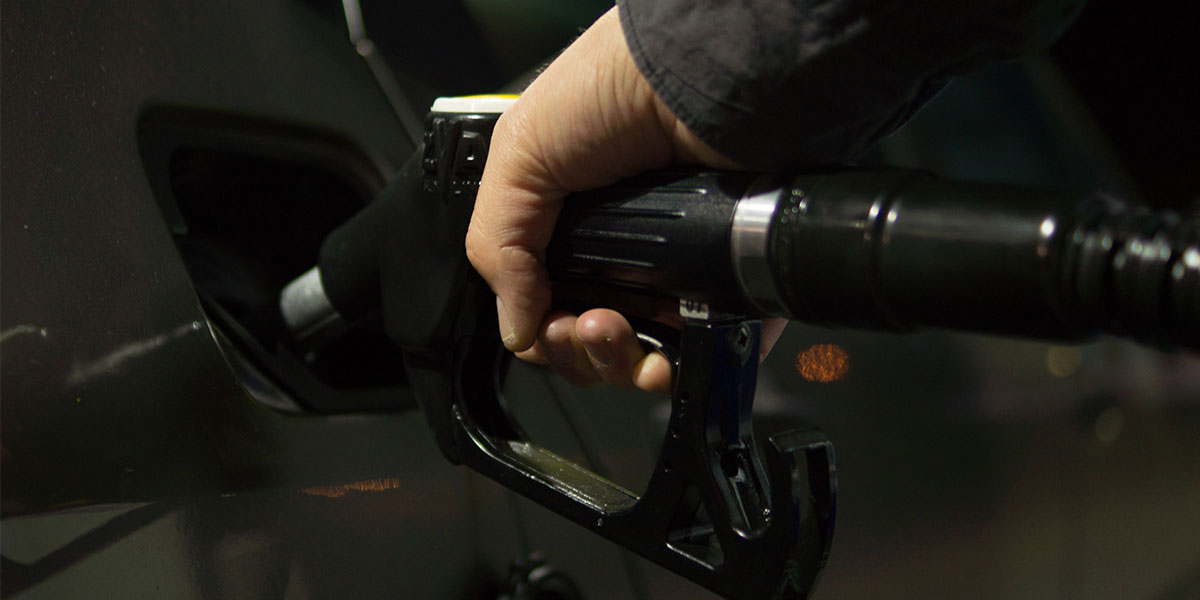If you’re looking to get a new vehicle, there are many factors that will impact your final decision. One of the biggest considerations is choosing whether to purchase an automatic or manual vehicle.
Automatic cars have many benefits, but they are more costly to purchase than manual vehicles. So, why exactly are automatic cars more expensive? Read on to learn more…
Automatic vs. manual
If you’re driving a manual car, you’re in charge of the vehicle’s gearbox and clutch. With automatic cars, there are generally only four ‘modes’ of travel, and two pedals – one for accelerating and one for braking. The car itself changes gear according to the speed at which you’re travelling.
There are advantages and disadvantages to an automatic, and whether it’s right for you will depend on your needs and preferences.
Automatic vehicles – the benefits
Better for traffic
If you’re in an urban area with traffic, your journeys will be stop-start. Constantly remaining on the clutch can be tiring and could cause leg ache.
Plus, automatics are safer. The automatic transmission means there’s little risk of stalling, and you don’t have to take your hands off the wheel in order to change gear. This makes navigating tricky junctions easier, allowing you to focus on the hazards of the road.
Fuel efficient
If you’re looking to purchase a newer automatic vehicle, these tend to be more fuel efficient than their manual counterparts.
Plus, the government’s 2030 petrol ban means that new petrol and diesel car sales are ending soon in favour of EVs, which don’t have gearboxes and therefore work like automatics. Manual cars are going to become increasingly phased out over time, to be replaced with EVs and second-hand automatics. Purchasing an automatic vehicle is ultimately a more future-proof decision than purchasing a manual.
Automatic vehicles – the drawbacks
License limitations
If you only have an automatic license, you can only drive automatic vehicles. To drive a manual, you’d need to take another driving test.
Less control
An automatic vehicle will change gears for you according to your speed. So, if you’re a driver who prefers to stay in control, you’ll find automatic vehicles frustrating.
More expensive
Automatic cars are more expensive to purchase – and are also often more expensive to insure.
Why are automatic cars more expensive?
Automatic gear boxes are more complex than manual counterparts, because they rely on automatic transmission. As a result, they’re more expensive to produce, and the overall pricing of the vehicle reflects this.
It also means that automatic cars are more expensive to repair, and may even require more costly breakdown cover as a result of mechanical particularities or towing limitations. This results in a higher insurance premium for automatic cars too.
Take the expense out of automatic cars
Find out how My Car Credit can help you fund your purchase of an automatic vehicle. Use our car finance calculator for a no-obligation quote and start your journey towards securing affordable car finance that suits your needs today.
Want to learn more? Get in touch with our team on 01246 458 810 or enquiries@mycarcredit.co.uk.
Rates from 9.9% APR. Representative APR 12.4%
Evolution Funding Ltd T/A My Car Credit
Require more help?
Got a question you can’t find the answer to, or need some advice and guidance around taking out car finance? Our Car Credit Specialists are friendly, experienced, and here to help so get in touch today!












